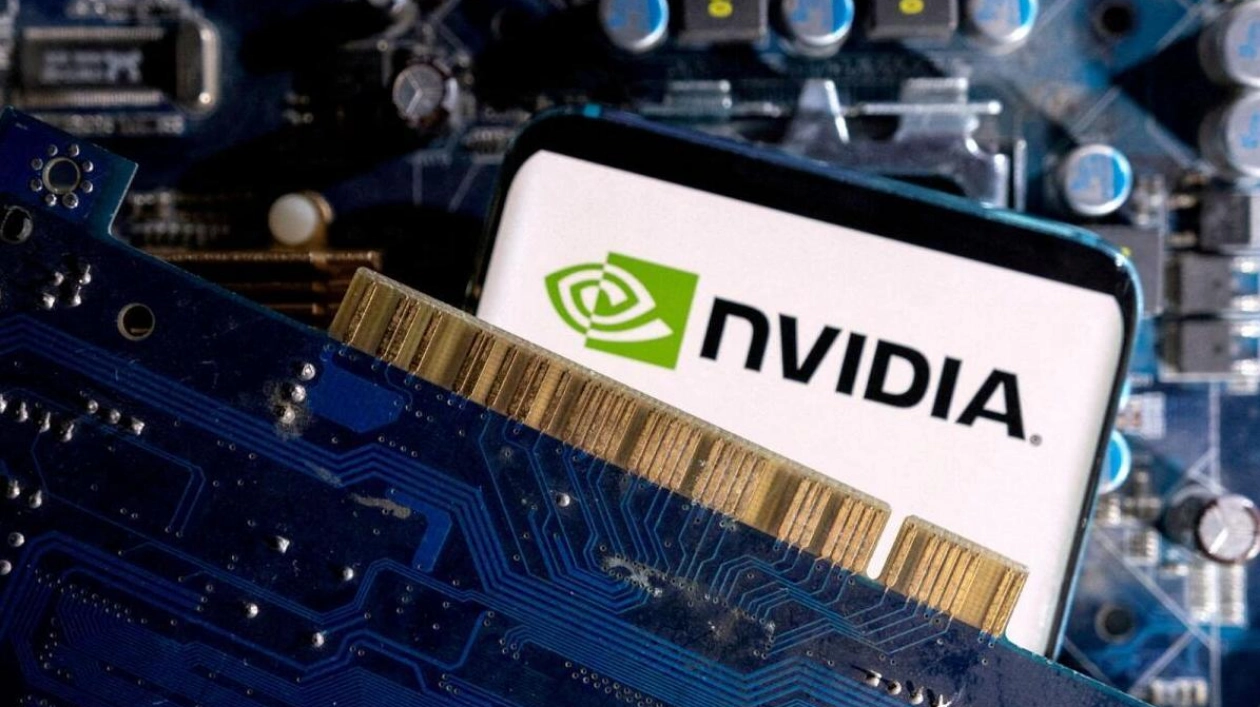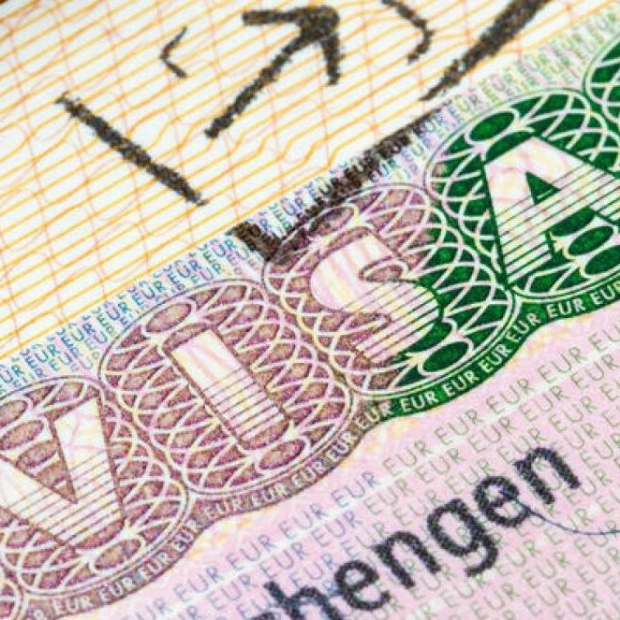Nvidia is developing a version of its latest AI chips, specifically for the Chinese market, that complies with current US export regulations, according to four sources with knowledge of the situation. The company introduced its 'Blackwell' series of chips in March, slated for mass production later this year. These new processors feature two silicon squares, each the size of Nvidia's previous generation. Among the series, the B200 is notably faster, achieving up to 30 times the speed of its predecessor in tasks such as providing responses from chatbots.
Nvidia plans to collaborate with Inspur, a key distributor in China, for the launch and distribution of the chip, tentatively named 'B20', as confirmed by two sources. Shipments of the 'B20' are expected to commence in the second quarter of 2025, according to a separate source. The sources requested anonymity as Nvidia has not yet made an official announcement. Nvidia and Inspur have both declined to comment on the matter.
Nvidia's shares increased by 1.4% to $119.67 in premarket trading in the US following the Reuters report. The US government tightened its export controls on advanced semiconductors to China in 2023, aiming to prevent advancements in supercomputing that could benefit China's military. Consequently, Nvidia has developed three chips specifically for the Chinese market. The tightening of US export controls has also benefited Chinese tech giants like Huawei and startups such as Tencent-backed Enflame, allowing them to gain some traction in the domestic market for advanced AI processors.
A version of Nvidia's Blackwell series chip for the Chinese market would enhance the company's ability to compete against these challenges. China represented approximately 17% of Nvidia's revenue in the year ending January, down from 26% two years prior due to US sanctions. Nvidia's most advanced chip for the Chinese market, the H20, initially struggled when it was launched this year, priced below a competing chip from Huawei, as reported by Reuters in May. However, sales have since picked up significantly, according to two sources.
Nvidia is expected to sell over 1 million H20 chips in China this year, valued at more than $12 billion, according to estimates from research firm SemiAnalysis. There is a strong expectation that the US will maintain pressure on semiconductor-related export controls. The Biden administration is also considering placing restrictions on the most advanced AI models, the core software of systems like ChatGPT, according to sources. Global chip stocks fell last week after Bloomberg News reported that the Biden administration was considering implementing the foreign direct product rule, which could prevent products made with American technology from being sold overseas.






